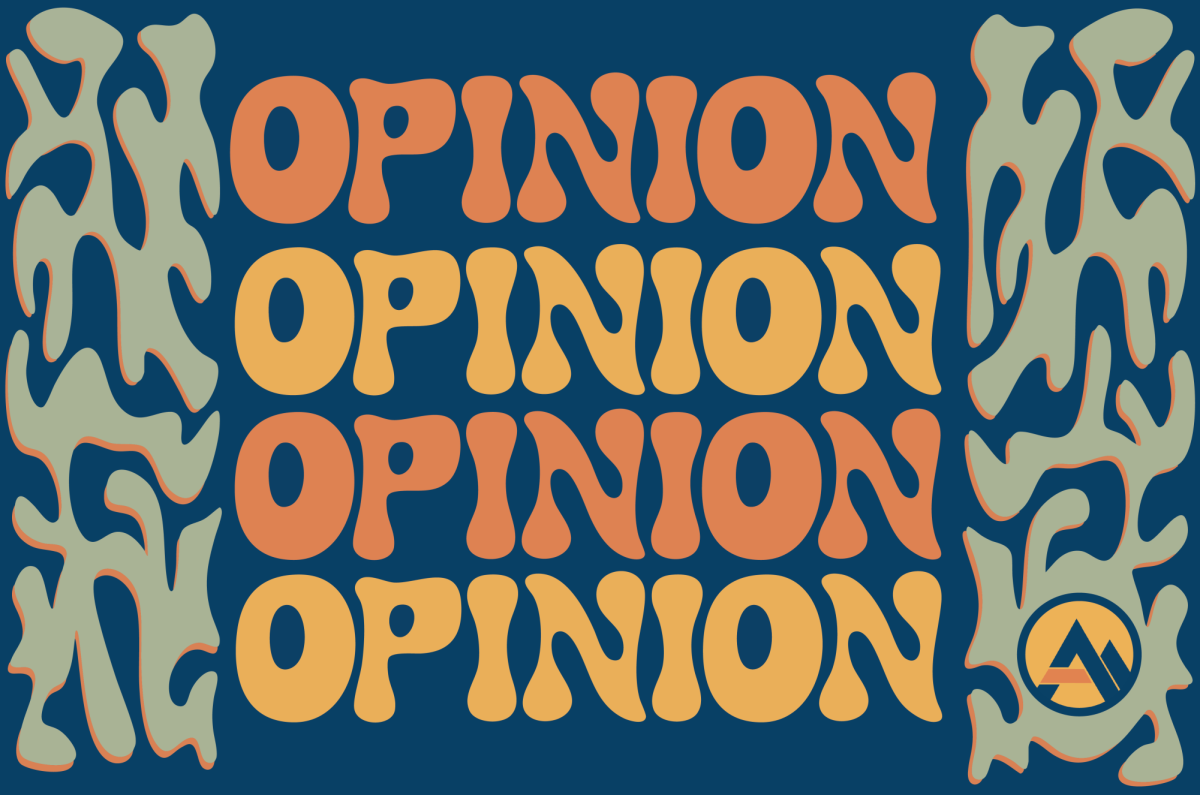As of March, Kendrick Lamar ranked fourth in the Top 100 list of Spotify Artists, with over 112 million monthly listeners. Despite his popularity and prowess, he was not among the winners at the Emmy Awards on Sept. 14. The deeper meaning of the 2025 Super Bowl Halftime Show, paired with the current sensitive political climate of the United States means this discrepancy is not unfounded.
While the performance itself can be consumed as pure entertainment, the closed-eye approach does Lamar’s theatricality a major disservice. Looking deeper is essential to understanding what Samuel L. Jackson, who portrays Uncle Sam, calls the “Great American Game.”
The game? Be calm, be collected. Don’t be “too loud, too reckless, too ghetto,” Jackson said.
Lamar said he planned to bring the revolution to television at the beginning of the performance, preceding “squabble up” with “the revolution ‘bout to be televised, you picked the right time, but the wrong guy.” Lamar’s words are a reference to Gil Scott-Heron’s song, “The Revolution Will Not Be Televised.”
In his original song, Scott-Heron establishes that true change will not happen by sitting on the sidelines. It will not occur on TV or in the eyes of mainstream media. Progress will only happen when the TV is turned off; when the media is not focused on the people making change.
Lamar brings a mix of black culture and politics to the stage without making it palatable for those in front of the TV screen. “You would not get the picture if I had to sit you for hours in front of the Louvre,” Lamar said during the performance. He knows that some won’t fully grasp the message behind the show, that the deeper meanings won’t be digestible enough for everyone.
With President Donald Trump’s attending the Super Bowl, the intention Lamar had in his near-dramatic showing deepens the double-meaning, with his display intending to comment on the state of politics in the U.S.
Near the end of Lamar’s performance, he breaks into “Not Like Us,” but not before giving the audience more food for thought. Lamar speaks of a cultural divide, followed by “40 acres and a mule, this is bigger than the music,” and “They tried to rig the game but you can’t fake influence.”
40 acres and a mule is a reference to Maj. Gen. William Sherman’s Special Field Orders, specifically number 15. Order No. 15 promised newly-freed Black individuals 40 acres of “tillable ground,” and horses, mules or other animals that weren’t needed for the military. This order, later unfulfilled, was intended to help Black people grow economically in their newfound freedom.
Lamar’s performance was intended to be “bigger than the music,” with a clear political undertone running throughout the entire 13-minute show. Dancers dressed in red, white and blue marched in a military-like manner, even forming the U.S. flag at one point. Lighted messages blinked in the crowd of “Warning. Wrong way,” and “Game over,” when Lamar began shifting toward more heavy themes.
Lamar’s influence is a direct reflection of how, even without following the rules of “the game,” the impact someone has cannot be ignored. Drake, the main focus of the song “Not Like Us,” is the perfect representation of someone who plays the “Great American Game” exceptionally well.
Drake blends into mainstream media flawlessly, with songs like “God’s Plan” being cross-generational, with those outside of the typical target demographic for rap knowing the music. Lamar calls Drake out for this manipulation in “Not Like Us,” with “The settlers was using town folk to make them richer / Fast-forward 2024, you got the same agenda,” and in “euphoria” for using black musical features to feel “Black enough,” without ever actually addressing the racial issues in the U.S.
Lamar didn’t stop there, going as far to call out Drake’s code-switching mentality — the process of shifting from one language or dialect to another depending on the social context or conversational setting — in “meet the grahams.” When speaking directly to Adonis Graham, Drake’s son, Lamar said “Never code-switch, whether right or wrong, you’re a Black man.”
Despite the association with Lamar’s recent music to Drake, it seems to take on a different meaning during this performance. Providing his own commentary on code-switching, Lamar receives more approval from Jackson’s Uncle Sam when performing “luther (with sza)” and “All The Stars (with SZA)” with singer SZA. Jackson said “That’s what America wants. Nice, calm. Y’all are almost there. Don’t mess this up,” before Lamar jumps into “Not Like Us.”
The dichotomy between Lamar’s “Not Like Us” performance following “luther (with sza)” and “All The Stars (with SZA)” is intentional. He knows that his duets with SZA are easier to handle and more familiar to the general public than his other songs.
Despite the clear effort Lamar put into the meanings, politics and presentation of the performance, like all things, everyone seemed to quickly move on from the underlying criticism of the U.S. that Lamar brought to the Super Bowl stage. Lamar was right; the message behind the show wasn’t digestible enough for everyone, and was forgotten.
Scott-Heron wasn’t exactly wrong, it seems. Revolution is only going to happen when the media is looking away and progress will only occur when everyone stops standing on the sidelines. So, it’s best to turn the TV off, because real change is coming.



